Tumac Lumber
Thank you for your interest in sapele door skins from Tumac Lumber. Tumac uses Nature’s Barcode™ to verify that this product consistently meets species and origin claims, and that the relevant legal requirements in the country of harvest and manufacture are met for every component.
Verified Product
Sapele door skins with Rubberwood MDF core
Species
Veneer: Sapele (Entandrophragma cylindricum)
MDF Core: Rubberwood (Hevea spp.)
Origin of Harvest
Sapele: FSC® certified Forest Management Units in the Republic of Congo
Rubberwood: Smallholder farms in Thailand
Manufacturer
PV Wood Company Ltd., Thailand

Benefits of verification
All sapele logs in this product come from sustainable sources
100% of sapele logs are verified to come from from forests in the Republic of Congo that are sustainably managed according to the standards of the Forest Stewardship Council®.
Product traceability mitigates risk of mixing with illegal timber
Establishing unbroken traceability of sapele timber back to certified Forest Management Units mitigates the risk of mixing or substitution of timber from unknown, potentially illegal sources.
The Nature’s Barcode™ system ensures traceability for every single batch of logs delivered to the sawmill. Monitoring of log cutting and manufacture ensures that all product can be traced back to batches of certified logs. Verification ensures that high standards of record-keeping are maintained and changes in log supply are identified in good time.
Environmentally and socially friendly rubberwood MDF
The rubberwood to produce the Medium Density Fiberboard (MDF) core is harvested in Thailand. Rubberwood is planted commercially by smallholder farmers as a primary source of latex, supporting local communities.
As the trees mature, latex production declines. Previously, old rubber trees would be burned to make way for new planting. Harvesting the trees for processing into MDF is therefore much better for the environment, retaining the carbon in this product that would otherwise be released through burning.

Nature’s Barcode™ methodology
An independent third party organization has conducted a comprehensive risk assessment on this product, including:
• supply chain analysis to assess the level of traceability back to log source;
• identification of any risk of species or origin substitution along the supply chain.
The following controls have been implemented to mitigate any risk identified, and ensure that only sapele from FSC® certified Forest Management Units in the Republic of Congo is used to manufacture the door skins of our products:
Document Traceability Checks
Random, desk-based document checks are performed on log purchase, transportation, log delivery, certification documentation, production, and product export records.
This process ensures that an unbroken chain of custody exists, linking product back to a negligible risk log source, and a full set of legality documentation is available for every batch of logs.
All new log purchases and potential suppliers are subjected to a risk assessment prior to incorporation into the supply chain.
Product verification labels
Product Verification Labels (PVLs) with unique verification codes are applied to individual bundles when the products are packed and ready for export. The code enables all verified supply chain information of the associated product to be made available upon request.
Onsite inspections
An independent third party conducts an annual onsite assessment at production sites in China and Thailand in order to sample and verify prepared and unprepared documentation. The following activities are regularly performed:
• A product "backtrack" to match product output with raw material (logs) input on a randomly selected sample of product bundles.
• A "log reconciliation audit” to match log purchase, transport, and order lists. The reconciliation is conducted on a random batch of raw material and associated documentation.
• A traceability assessment is conducted on randomly selected batches of rubberwood to ensure suppliers can be identified and verified.
Scientific testing of Sapele
Samples from the sapele logs and/or sapele veneers are sent for scientific testing (wood anatomy) and compared to reference specimens to validate species claims. Fully-independent scientific analysis provides added assurance.
Find out more
Tumac’s commitment to ethical business practices and responsible interactions with natural resources are critical to the continued success of our company and the health of our planet. We choose global partners who support these core values to meet or exceed the strictest standards of environmental management.
Through the use of Nature's Barcode™, a third party verification system, we have adopted a system that demonstrates industry-leading due diligence that aligns with our stated values. For more information about Tumac and our other products, visit our website.
Request information about a verified shipment
If you have received a consignment with a Product Verification Label and wish to find out more information, submit your request by clicking below.
©Tumac Inc. & Double Helix Tracking Technologies. All rights reserved.






